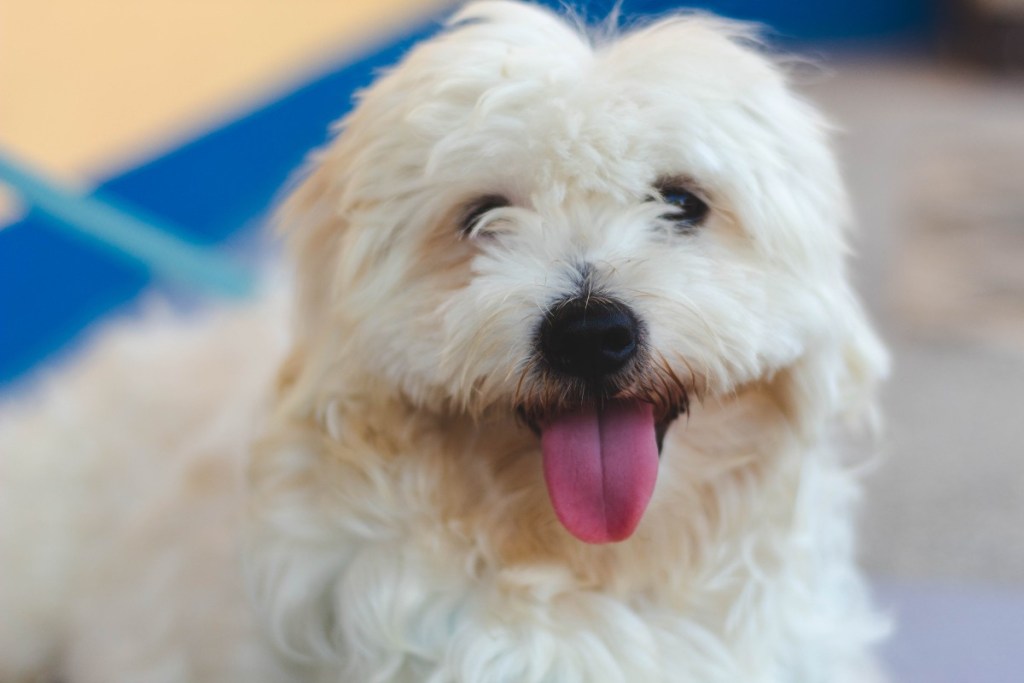Small dogs pack quite the punch. They may not look like much physically, but there is a ton to love about them.
Small breed characteristics run the gamut. Some are spunky and protective. Others are more reserved and make for the perfect lapdogs. They tend to be totable — you can pick them up for a kiss (if they’re into that). These pups don’t usually take up much room physically, so they’re often good choices for apartment dwellers but not always. Many small breed dogs have tons of energy.
Ultimately, it’s important to research different breeds and meet a prospective pet in person and not just rely on size to determine a dog’s personality. That said, some people do have their hearts set on a small breed dog. Here’s what you need to know about these small pups with plenty of love to give.

What are the features common of small breeds?
Small breeds are dogs 21 lbs or less. In other words, small dogs are not simply teeny tiny toy breeds like Chihuahuas. Some smaller Beagles qualify, as do King Charles Spaniels.
Other than that, it’s tough to generalize small dog breed characteristics. Some, like Malteses, have long hair. Others have short coats, such as Miniature Pinschers. Generally, dogs with less fur require fewer trips to a groomer.
Small breed noses are also diverse. Pugs have flat snouts, while Beagles have long ones.
Little dogs will use their ears to listen for your footsteps after you’ve been gone a while. Hearing you walk through the door is one of their favorite moments of the day. Their ears are all different shapes, though. Chihuahuas have pointy, upright ears, and Dachshunds have floppy ones.
Long story short, small breeds aren’t one-size-fits-all when it comes to looks.
What type of personality does a small dog have?
Personalities also vary from small dog to small dog. Jack Russell Terriers are lively, alert, and spirited, and Maltese and Cavalier King Charles Spaniels are a bit more easy-going.
Tibetan Spaniels and Carin Terriers are affectionate towards their family members and good with young children. Pugs are also great with young kids and bark less than other small breed dogs, like Chihuahuas and Jack Russell Terriers.
It’s important to remember that these are all generalizations. Physical features are genetic, and some breeds naturally have specific personality traits. However, nurture plays into a pup’s personality, too. Training, a loving parent, and exposure to various experiences can shape how a dog acts in certain situations.

Are small dogs aggressive?
Larger dogs like Rottweilers and Pit Bulls often get unfair reputations as mean dogs. Some small dogs do, too, though.
A well-trained and loved dog should not be aggressive, regardless of size. Early training and socialization can help any dog, large or small, learn confidence, social cues, and be comfortable in multiple situations.
Some small dogs are more vigilant. Jack Russell Terriers and Chihuahuas tend to bark more and have watchdog tendencies, but that doesn’t mean they are aggressive. They are simply on high alert for potential threats to you. It’s part of how they show how much they love and care about you, and it’s your job as their human to let them know they don’t need to behave in this way.
Signs of aggressive behavior include:
- lunging
- growling
- showing teeth
- snarling
- snapping
- biting
If your dog displays these tendencies, speak with your veterinarian. They can help talk you through how to handle the situation and refer you to a certified behavioral specialist for more assistance.
A dog’s size doesn’t make them more or less aggressive. Sometimes, it’s a result of previous experiences — or a lack thereof.
Size: Does it matter? That depends. It’s tough to define specific small breed characteristics. Individual breeds and dogs will have different physical features and personality traits. For example, Chihuahuas are spunky and sassy, while King Charles Spaniels are generally calmer and gentler. The best way to know if a dog is the best friend for you is to meet them in person. You’ll get to see their personality and make sure it meshes well with yours. All small dogs do have some similarities, though. Because they are tinier, you’ll want to get beds and crates sized just for them and serve them the right amount of food to fuel their bodies. Take a look at the labels and talk to your vet about the best products and diet for your pet.



